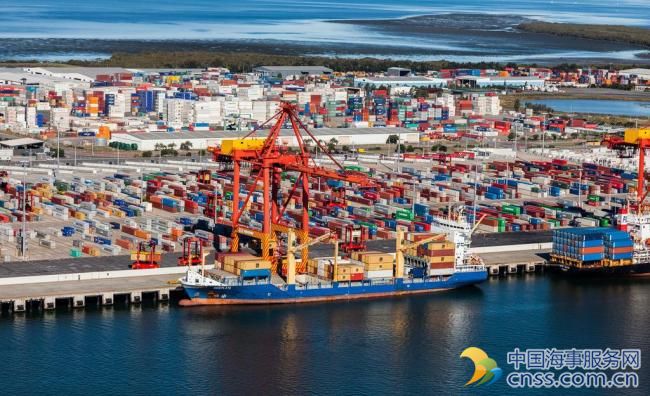Government of Canada introduces Oil Tanker Moratorium Act

The transportation system is something Canadians rely on every day, from getting us to work, or bringing us the products we use in our homes. The Government of Canada is working to ensure that goods are transported in a safe and responsible way while protecting our marine environment and clean water.
Today, the Government of Canada introduced C-48, the proposed Oil Tanker Moratorium Act in Parliament. This Act will deliver on the Prime Minister’s commitment to Canadians to formalize a crude oil tanker moratorium on British Columbia’s north coast. This legislation will prohibit oil tankers carrying crude and persistent oils as cargo from stopping, loading or unloading at ports or marine installations in northern British Columbia. It will provide a high level of protection for the coastline around Dixon Entrance, Hecate Strait and Queen Charlotte Sound.
The proposed moratorium area extends from the Canada/United States border in the north, down to the point on British Columbia’s mainland adjacent to the northern tip of Vancouver Island, and also includes Haida Gwaii. Vessels carrying less than 12,500 metric tonnes of crude or persistent oil as cargo will continue to be permitted in the moratorium area to ensure northern communities can receive critical shipments of heating oils and other products.
The legislation proposes strong penalty provisions for contravention that could reach up to $5 million. The legislation also proposes flexibility for amendments. Further refined petroleum products can be removed from the list on the basis of science and environmental safety. Products may also be added on this basis.
The proposed Oil Tanker Moratorium Act is another action that the Government of Canada is taking as part of the $1.5 billion Oceans Protection Plan (OPP). The OPP is a national strategy to create a world-leading marine safety system that provides economic opportunities for Canadians today, while protecting our coastlines and ensuring clean water for our kids and grandkids. The largest investment ever made in our oceans and waterways, the Ocean Protection Plan involves new measures to improve marine safety and responsible shipping; protect Canada’s marine environment; and create new partnerships with Indigenous and coastal communities.
Quotes
“The Government of Canada is committed to demonstrating a clean environment and a strong economy can go hand-in-hand. Tabling this legislation is another step towards fulfilling our promise to formalize the tanker moratorium on British Columbia’s north coast. This, and other actions we are taking to improve marine safety through the Oceans Protection Plan, will protect the coasts and waterways that Canadians depend on for generations to come.”
The Honourable Marc Garneau, Minister of Transport
Quick Facts
Since January 2016, the Government of Canada has held approximately 75 engagement sessions to discuss improvements to marine safety and formalizing the oil tanker moratorium. The Government has consulted extensively with Indigenous groups, and has also consulted with industry stakeholders and communities across Canada
The proposed legislation applies to the shipment of crude oils defined by the International Convention for the Prevention of Pollution from Ships. It also applies to related oil products that are heavier and, when spilled, break up and dissipate slowly. A complete list of these persistent products included in the moratorium is outlined in a schedule to the proposed Act.
The proposed legislation complements the existing voluntary Tanker Exclusion Zone, which has been in place since 1985.
The Government of Canada is continuing to engage Indigenous groups, as well as coastal communities and Canadians across the country, to share their ideas on how we can work together through the Ocean Protection Plan to create a stronger marine safety system and better protect our coasts.
Source: Transport Canada
HEADLINES
- Do shipping markets want Biden or Trump for the win?
- All 18 crew safe after fire on Japanese-owned tanker off Singapore
- Singapore launching $44m co-investment initiative for maritime tech start-ups
- Cosco debuts Global Shipping Industry Chain Cooperation Initiative
- US warns of more shipping sanctions
- China continues seaport consolidation as Dalian offer goes unconditional